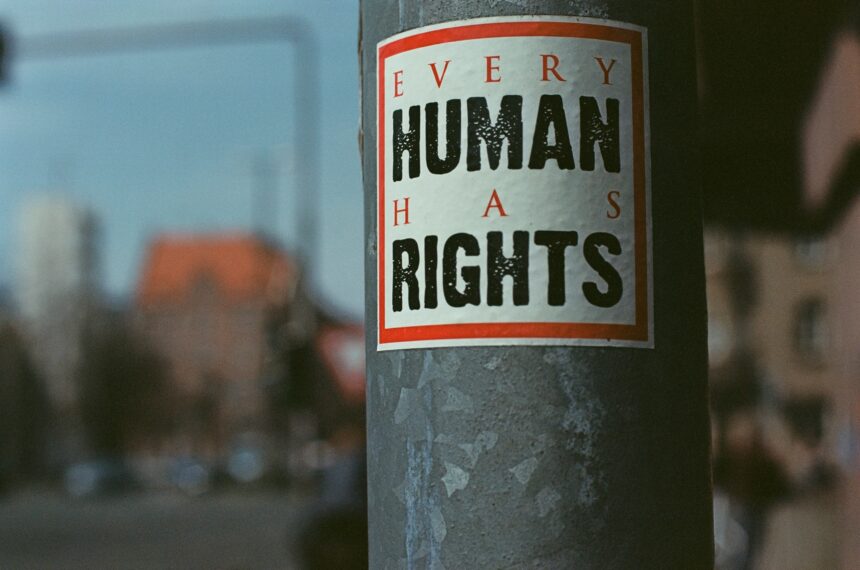The Human Rights Commission of Pakistan (HRCP) formally launched its annual report, “State of Human Rights in 2024,” in the Karachi Press Club on Tuesday, 24 June 2025. The report highlighted the deteriorating situation of human rights throughout the country, raising serious concerns over civil liberties and the state of law and order. It points to a profound decline in democracy, corroborated by the questions surrounding the transparency of the general elections, severe restrictions on differences of opinion, and rising extremism.
HRCP officials expressed deep concern over the grave law and order situation, extrajudicial killings, and gender-based violence in the province. The custodial killing of Dr. Shah Nawaz Kumbhar in Mirpurkhas, who was accused of blasphemy, starkly illustrates the misuse of blasphemy laws and a dangerous increase in immunity for those taking part in extrajudicial killings. Moreover, the violent and disproportionate response by law enforcement agencies to a peaceful solidarity march by civil society in Karachi against Dr. Kumbhar’s killing signals a diminishing space for differences of opinion and freedom of expression.
The report also touched on the continued enforced disappearances of political and human rights activists in Sindh in 2024. Nationalist activist Hidayat Lohar, previously detained and released by law enforcement, was murdered near his home. The HRCP chairperson herself was also unjustifiably detained and interrogated by the police based on her human rights work.
Concerns regarding political interference in the recent general elections were also a prevalent concern, particularly affecting PTI-backed independent candidates. However, the election of minority representative Anthony Naveed as Deputy Speaker of the Sindh Assembly was cited as a positive development.
Despite government efforts, the crime rate in Sindh increased in 2024 compared to 2023, confirmed by Sindh Police statistics. Incidents of extremism also persisted.
Furthermore, the report documented persistent violence against vulnerable groups, including at least 134 reported honor killings and an attack on transgender individuals in Karachi. The situation of refugees also remained a cause of concern, as the Sindh Assembly unanimously passed a resolution demanding the expulsion of all “illegal immigrants” from the province, although civil society in Sindh was itself still divided over the repatriation of Afghan refugees.
Mass protests broke out against the federal plan to build six canals, primarily benefiting Punjab, without consulting Sindh. This decision exacerbated inter-provincial grievances over water distribution in Sindh and posed a threat to the environmental and agricultural sustainability connected to the Indus River. The province also suffered from severe heatwaves and devastating monsoon rains, leading to infrastructure damage and displacement in multiple districts.


Leave a Reply